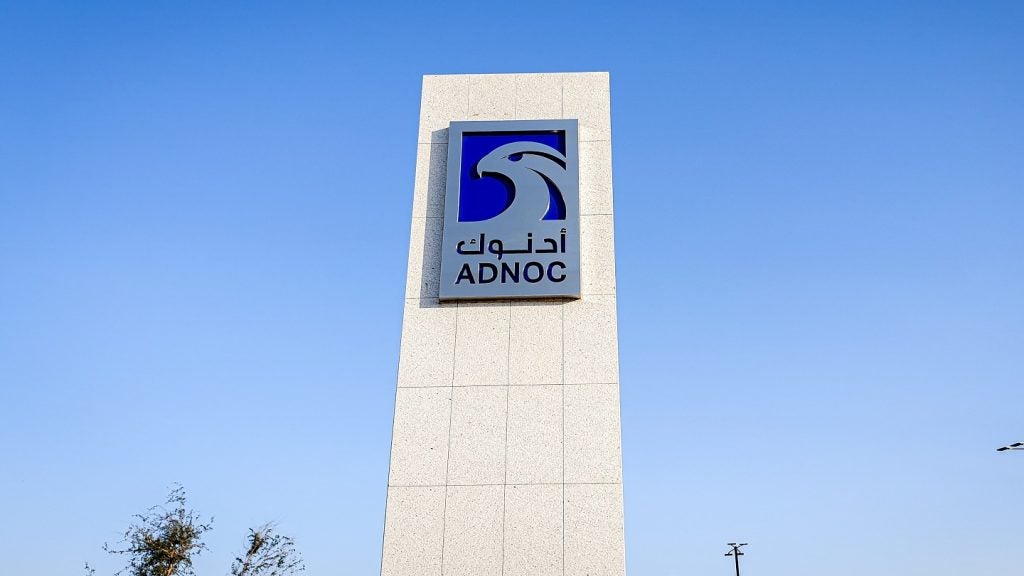

BP already has over 16,000 employees working in 14 offices across the UK alone. But thanks to a persistent skills shortage in the industry attracting high quality UK graduates is a high priory for the global giant.
Head of UK graduate resourcing, Suzy Style, and marketing manager of graduate resourcing, Jen Veevers, discuss some of the challenges the company has faced, as well as the initiatives it has invested in, such as the unusual High Tea with BP.
Heidi Vella: How does BP attract and retain the brightest UK graduate talent?
Suzy Style: We recognise that we want to provide opportunities for students to discover more about BP and what we do and engage with them. We offer a variety of ways to do that and open the door to people.
It starts as early on as school, working with students and teachers to bring science technology, engineering, maths and technology (STEM) to life and then moving into university. It is really engaging in those early years.
See Also:
We also provide scholarships at a number of universities; we offer ‘discovery days’- days to come and get a real insight and understanding of what we do. Plus internship opportunities; so summer placements and year long placements. We also have competitions like The Ultimate Field Trip [an international competition that challenges students to create solutions for a world energy problem to win a trip to some of BP’s global offices], where we can engage with students in a different way and get them to get a real sense of what it is like to work in our industry.
How well do you really know your competitors?
Access the most comprehensive Company Profiles on the market, powered by GlobalData. Save hours of research. Gain competitive edge.

Thank you!
Your download email will arrive shortly
Not ready to buy yet? Download a free sample
We are confident about the unique quality of our Company Profiles. However, we want you to make the most beneficial decision for your business, so we offer a free sample that you can download by submitting the below form
By GlobalDataHV: What is BP’s process for hiring graduates in the UK – from the application to job offer?
BP’s global recruitment director Jon Tait gives the low-down on recruitment issues and opportunities dominating 2014. .
SS: It’s an online application form and if they’re successful they will go on to do some online testing which is verbal and numerical reasoning. There are also technical and personal interviews and assessment centres. So it is a real mixture that they will go through. In terms of the roles we will offer, there is a huge diverse mix of roles from trading to lots of science engineering roles, upstream, commercial business roles. We have around 32 different areas where a graduate might join.
HV: Are candidates often expected to relocate?
SS: It just depends on where the roles are and where they are ultimately from in the UK, so some people will move and some might not. People at BP will get opportunities for international careers around the globe, typically the graduate in their first three years will be in their home country, but certainly for people having careers in BP there are global opportunities.
Jen Veevers: We have a large number of Scottish students because of the presence we have in Aberdeen. So a number of Scottish students see us as a real employer of choice. We work with universities right up the country, so yes, for some of them it could mean relocating.
However, for example, we have some BP graduates who are working on projects in Angola, but doing so from Sunbury. So it isn’t always necessary to be at the site of the opportunity.
HV: What is BP doing to attract young women to the sector?
JV: Certainly from a female perspective, a few years back around 25% of our graduate in-takes were female. We’re now at 30%. We’d love to turn that dial slightly to bring more diversity into the business.
For the last few years we have been supporting International Women’s Day [March 8] and we have a hub for BP on its website. This year we researched our business and said for all of you that have been in the company for 8 years-plus, what advice would you give to your 21 year old self? We have had the most amazing quotes come back and it is that voice of experience; it’s about taking those role models we have internally and really showcasing them and getting them in front of students on a platform they are comfortable with.
This year we are also doing High Tea with BP at the Mandarin Oriental Hotel for a hundred students from engineering, science and business interests. We will have a panel session in the morning and then in the afternoon it is all about career coaching the students as an individual. Hopefully they leave with some real insight into them as an individual and a bit of insight into what opportunities will be at BP in the oil and gas industry.
HV: Is the landscape for talented students competitive?
SS: It is a competitive landscape. Lots of people from lots of industries are looking for the same talent, so it is definitely competitive. Through the initiatives that we run we are able to fill our demand, which is positive for us. We are in high demand for students too, but there are some areas that are harder to fill than others. This year one area that has been particularly difficult to fill is industrial hygiene…
JV: This is a new discipline. We find anytime we bring in a new discipline it is about just getting a little bit of knowledge out there in the market so that it exists. Other areas include electrical engineering, shipping, naval architecture and marine engineering – real specialist technical areas – plus automotive engineering. Some of the commercial roles are difficult as well, certainly for business and trading we’re seeing demand rise. We need to be talking more about the opportunities there, because there are lots of opportunities in business and commercial roles, as well as trading. I don’t think students automatically look at BP and think business; they look at BP and think engineering and science.
HV: Does the oil and gas industry need to be more flexible in order to attract a new generation of talent?
SS: I think that BP as an organisation is very flexible and supportive and so I am not hearing that as a challenge. I am not sure if that is coming out as an experience in the hire space. For some people [working offshore] is a really exciting opportunity and they gravitate towards those roles, while others choose to do something else. Because we offer rotation we are providing variety and people know they are doing something for a period of time and they are going to get the opportunity to do something else.
Those rotations are within the Challenge programme. It’s a three-year programme and within that each year you rotate to a different role which gives the opportunity to see what you like and what you don’t like. I think that people are really excited about getting out there and experiencing the different opportunities.
Critics bemoan the lack of progress from industry but should the emphasis actually be on legislators to incentivise change?
HV: What more could the sector do to fill its well-publicised skills gap?
SS: I think globally there is a skill shortage of STEM and so as an industry we all need to come together to address that. Our role is to try to educate why we’re in schools.
JV: We have got the BP education service which basically provides materials to schools. I think there is about 190 – 200 schools that we work with where we actually put BP employees in and they go and talk about what they do and bring that to. The BP education service is about supply materials to primary schools teachers and secondary school teachers, stuff such as really cool materials so they can basically just pick them up and deliver them in class. I did hear a story about someone who joined BP and he joined because someone came to his school. He was nine or ten and from that point on he was quite passionate about our industry. I think schools will always be a priority for BP.
HV: What advice would you give to a graduate who wants to work for BP?
SS: Move quickly, do lots of research, understand as much as you can about the company. Up-skill yourself. The career services at universities provide lots of opportunities to do application skills workshops and assessment day skill sessions. Really making sure that you get your application in as early as possible, because of the demand for our roles, to give yourself a good chance of securing a role.


.gif)




